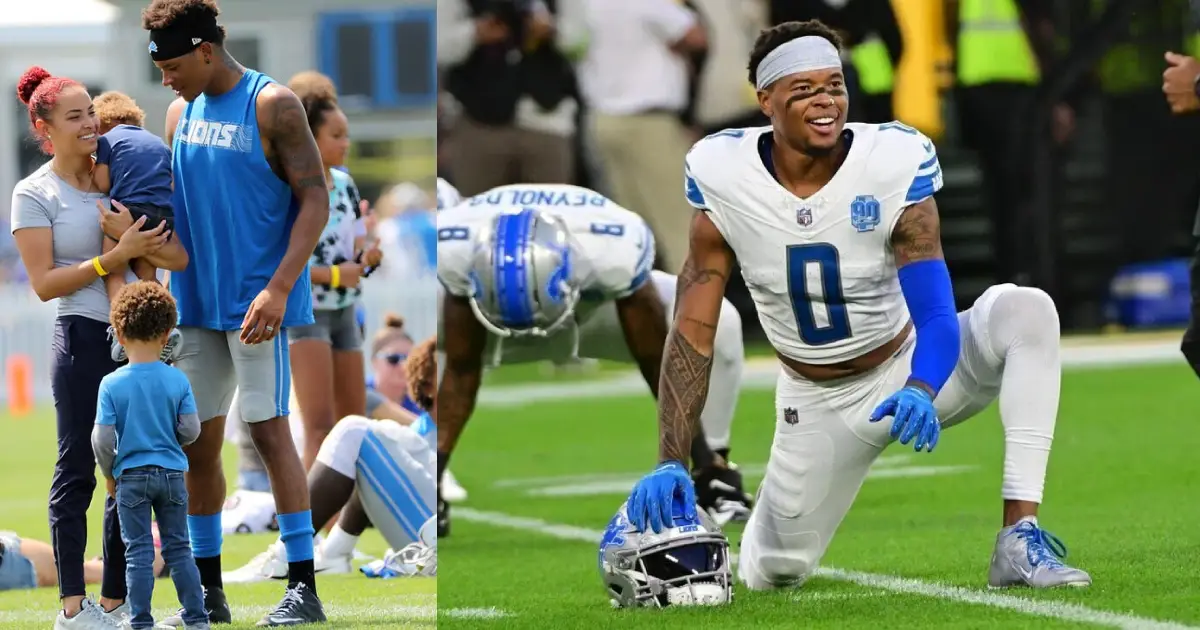TRENDING
Lionel Messi has a lot of love for Cristiano Ronaldo, But…
Cristiano Ronaldo and Lionel Messi are two of the greatest footballers the world. There is often a rivalry between the…
EDITOR'S PICK
Kohli and Gill reached 2000 Test runs in their first match as captain
In a remarkable coincidence, both Virat Kohli and Shubman Gill reached the milestone of 2,000…
Yashasvi Jaiswal Becomes First Indian Opener to Score Century at Leeds
Yashasvi Jaiswal has etched his name into cricket history by becoming the first Indian opener…
Lionel Messi has a lot of love for Cristiano Ronaldo, But…
Cristiano Ronaldo and Lionel Messi are two of the greatest footballers the world. There is often a rivalry between the…
Lionel Messi Eyes More Glory at Club World Cup 2025
Lionel Messi is set to compete in the 2025 FIFA Club World…
Speed is wearing a Ronaldo shirt at Messi and Miami’s Club World Cup match
YouTube star IShowSpeed made headlines at the FIFA Club World Cup opener…
Manchester United’s Approach for Emiliano Martinez
Manchester United have officially made contact with Emiliano Martínez regarding a potential…
Who is Kush Maini? Career and Stats
Kush Maini is a trailblazing Indian racing driver who, as of May…
Who Is Lando Norris’ New Girlfriend? Pictures
This article will tell you about the relationship between Lando Norris and…
Neeraj Chopra wins Paris Diamond League 2025 with 88.16M throw
India’s Olympic gold medallist Neeraj Chopra started his 2025 Diamond League campaign…
Top 5 Most Valuable Sports Franchises in the World
The global sports business landscape continues to be dominated by a handful…
IShowSpeed Defeats Ashton Hall in Foot Race 4 Times in a Row
Yes, IShowSpeed (Darren Watkins Jr.) really did beat Ashton Hall in a…
World’s Most Expensive Sports Trophies: Ranked by Value
In the world of sports, trophies represent the pinnacle of achievement, embodying…
Four Indians in World Chess Top 10: A New Era Dawns
For the first time in chess history, four Indian grandmasters have simultaneously…






















